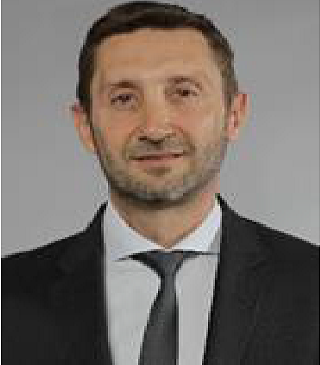Scientific Program

Jerome Foucaud
National Institute of cancer, France
Biography:
Jerome Foucaud holds a PhD in Humanities sciences. He is the Head of the department for research in Humanities and Social Sciences, Epidemiology and Public Health at the French National Cancer Institute. In this National Health and Scientific Agency for cancer control, he is charge to build up research and to lead the elaboration of data evidence about cancer in Humanities and Social Sciences. He is also associated researcher to the Health Education and Practices Laboratory (LEPS EA 3412). In parallel of these activities, he teaches patient education in different universities in France.
Abstract
Statement of the Problem:
Different factors are known to increase or decrease cancer risk (e.g., tobacco use, alcohol, diet). To date, few national studies have been conducted to investigate individuals’ perceptions, attitudes and behaviors linked to these factors to adapt national prevention strategies and to raise public awareness on cancer. In this line, the French Cancer Barometer, a population-based-survey, is carried out every five years. However, individuals’ perceptions on nutritional risk factors have been little studied to date. Hence, our aims are: (1) to identify the least perceived nutritional risk factors for cancer, and (2) to assess the evolution of the French population perceptions on cancer risks over time (2010-2015).
Methodology:
A randomly selected sample of participants aged 15-75 years (n=3345 in 2010) and 15-85 years (n=3764 in 2015), representative of the French population, were interviewed. Questions on perception of diet, physical activity, obesity and breastfeeding as cancer risk factors were asked. Findings: In 2015, nutritional factors were well perceived by the participants as having an important role in cancer development: diet (90.8%), physical activity (70%), obesity (76%); except for breastfeeding (34%). Some diet factors were also moderately perceived, such as the benefits of fruits and vegetables (58.1%) or the risks of red meat (43%) and salt and salted foods (55%) consumption. Age and education were associated to the perception of nutritional risk factors. In 2015, compared to 2010, nutritional risk factors were more perceived, and participants had stronger opinion.
Conclusion & Significance:
Nutrition is perceived by the French population in 2010 and 2015 as an important factor in cancer development, but some factors are still not very well perceived in 2015.Demographic variables associated to a lesser perception are highlighted. Thus, recommendations to improve prevention strategies and to raise public awareness are made.
- Clinical Nutrition
- Mental Health and Mental Disorder
- Oral Health
- Non-Communicable Diseases
- Public Health and Disability
- Hygiene and Tropical Medicine
- Food and Nutrition in Public Health
- Nutritional Metabolism and Disorder and Prevention
- Pediatric Nutrition
- Probiotics
- Nutrition in Disease Prevention
- Obesity, Weight Management and Bariatric surgery

